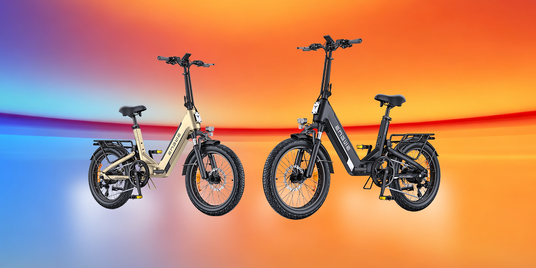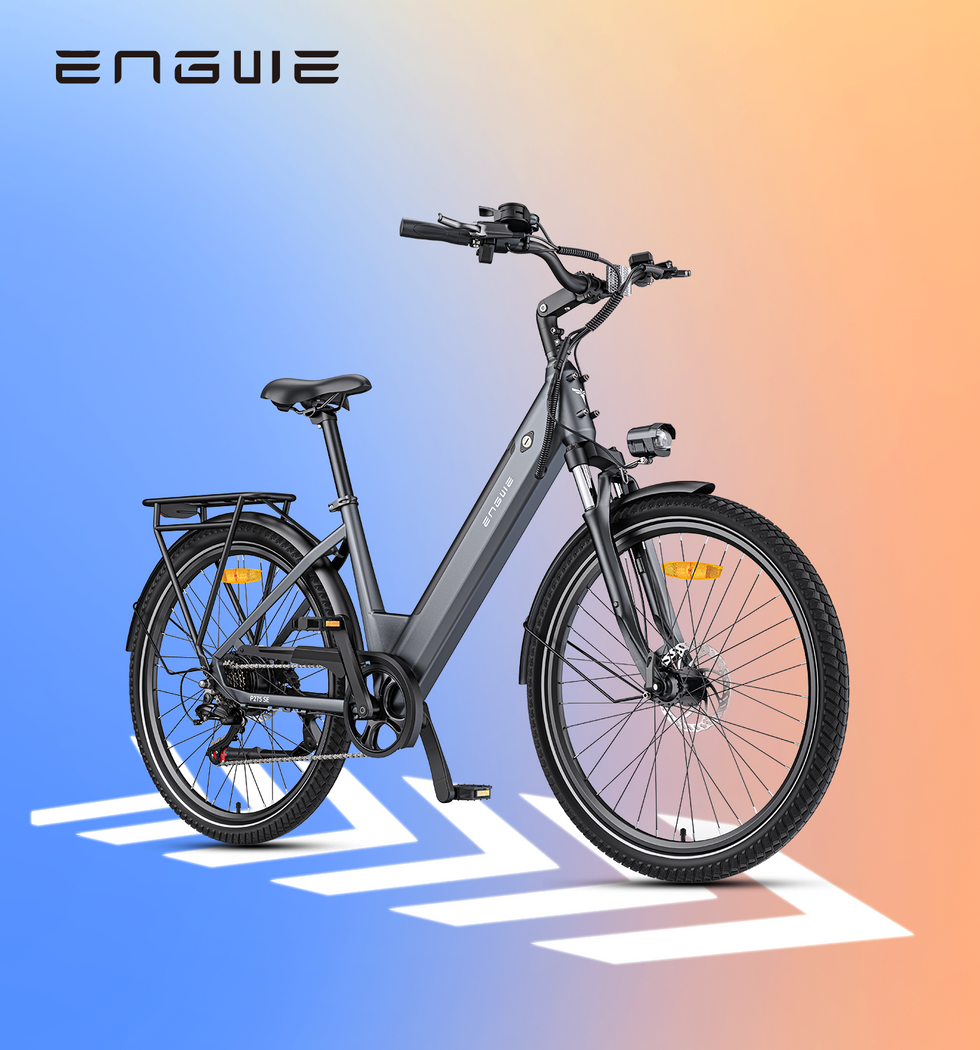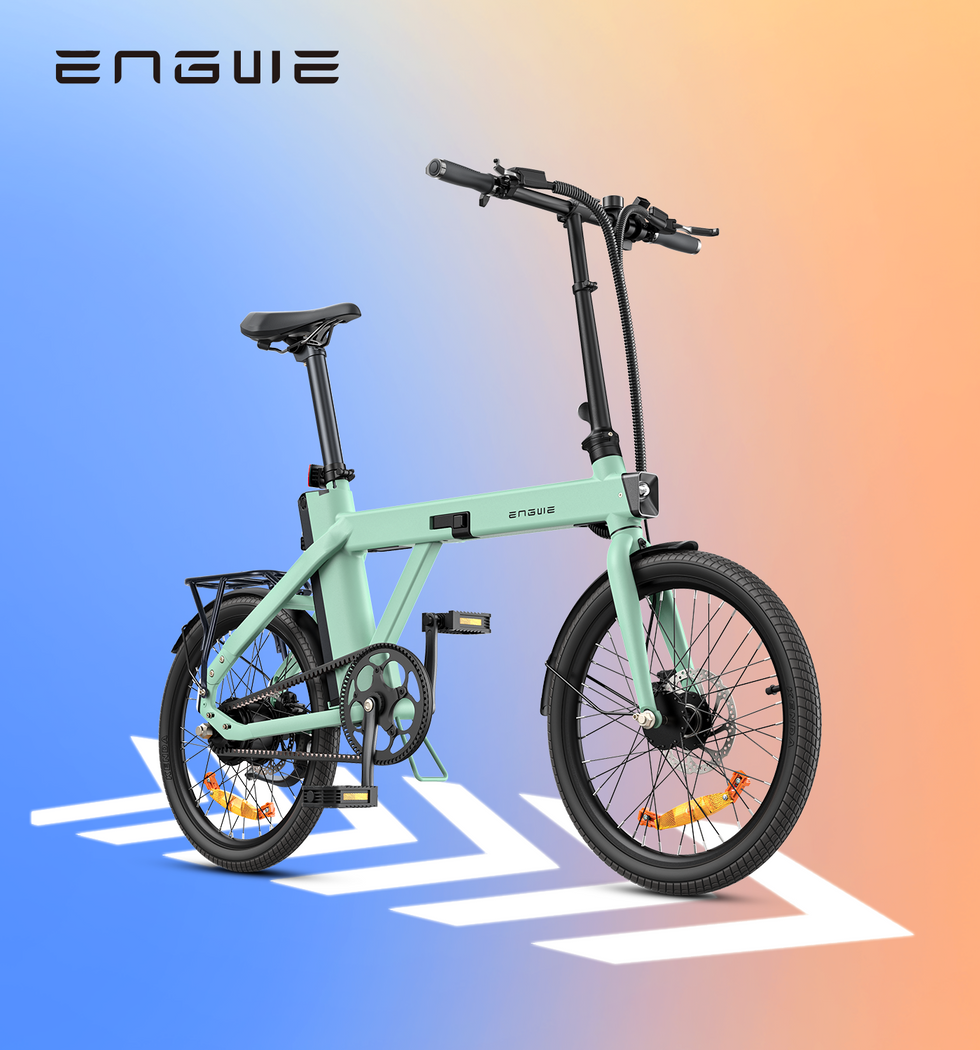E-bike prices are higher than those of traditional bicycles; however, there are many reasons why e-bikes are currently the most popular mode for the public to commute to work, explore the outdoors, and get more effective exercise. In comparison to traditional bicycles and even cars, e-bikes offer affordability, convenience, effectiveness, and sustainability in travelling from point A to B.
When buying an e-bike, it is important to know what you want by doing your homework. Whether you want a mid-range, lightweight e-bike for commuting, a heavy-duty mountain e-bike for exploring nature, or a cargo e-bike to carry all your stuff, there is an e-bike for all consumer needs.
E-bike prices can range from $300 to $8,000 or more. You can get a solid e-bike that caters to all your needs in the range of $2,000 to $3,000.
In fairness, there is not much difference between a $2,000 and $8,000 e-bike in terms of performance and utility. Some individuals might prefer shiny bells and whistles on their e-bike, like carbon fibre features, and would be willing to pay 4x the price of affordable alternatives.

Additional charges after purchasing your e-bike
Once you’ve made your purchase, you will have to consider the additional costs of owning an e-bike; doing so will give you the best user experience.
Maintenance costs
Unlike traditional bicycles, e-bikes come with more components that need taking care: motors, batteries, displays, and controllers. Then you will also need annual tune-ups, new tires, brake pads, and battery replacements after every 2-5 years on average.
These are a few typical maintenance costs for an e-bike:
-
Brake adjustments cost between $20 to $30 on average.
-
Patching a flat tire can cost you $1 if you have a patch kit, or $20 if you get it fixed from a mechanic; we recommend getting a patch kit because tires experience the greatest wear.
-
A bi-annual tune-up, after every 6 months, would cost you around $75 to $100.
Battery and charging costs
Batteries should be replaced after every 700 to 1,000 charges. Every battery model and type is different, but battery replacements will typically cost you $350 to $800. For charging costs, you will have to pay between $1.28 to $4.28 for every 1,600 km.

Insurance, license, taxes, and depreciation
Although e-bikes are classified as vehicles, the most common e-bikes that fall in the pedelec category, class 1, do not require licenses, insurance, and taxes by law. If you go for class 2 or 3, the regulations change.
Other important e-bike components you should invest in from the start
Unlike traditional bicycles that require a bit of greasing on the good ol’ chain to make you good to go, e-bikes are far more sophisticated in their technology. So, to be on the safe side, investing in these important components from the start will save you plenty of hassle.
-
A battery charger: In addition to the one at your home, you will need a spare battery charger for your office or the location you frequently travel to.
-
A second battery: You never know when your battery will die, so it is wise to keep an extra one if your e-bike features detachable batteries. This is important for adventurers travelling long distances. You do not want to get bogged down in the wilderness with an e-bike and a dead battery.
-
Protective gear: Approved helmets, lights, horns, and reflectors are required by law in some places; however, we recommend them for everyone.
-
A heavy-duty bike lock: If you plan on parking your bike outside, or even if you do not, we highly recommend investing in a heavy-duty lock to protect your hefty investment.
The best e-bikes for each category
You might want to know about the best e-bikes on the market today. Out of all the e-bikes we have tested, ENGWE e-bikes provide the best value for money. They do not leave a feature behind in their competent designs.
ENGWE EP-2 boost – an unmatched all-rounder
For €1,099 ($1,280) only, you get everything you need in an e-bike: 55 Nm of boost power for smoother rides, smart torque sensing for pedaling detection and intelligent power assists, and a 150 kg cargo capacity to carry everything you need. What more can one want? The EP-2 Boost’s superior battery provides a 120 km range, which is 50% more than its competitors.
The EP-2 Boost offers vast application on all terrains, be it asphalt or dirt roads, with its modern one-piece 20 x 4.0-inch wheels. For exercising purposes, the in-depth information cluster provides tracking of real-time speed, mileage, and battery to maximise workout sessions.
All these features make the EP-2 Boost an ideal e-bike for commuting, outdoor exploration, and exercising.

|
Motor |
250 W Brushless Motor |
|
Speed |
25 km/h |
|
Cargo capacity |
120 kg |
|
Brake |
180 mm Front and Rear Disc Mechanical Brake |
|
Range |
120 km |
|
Battery |
48V13Ah Removable Internal Lithium-ion *1 |
ENGWE P275 SE – the best for city commuting
For €1,199 ($1,400), the P275 SE is a bargain for the plethora of features it offers to commuters. The ultra-responsive torque sensor reacts in only 50 milliseconds, delivering a smooth ride for urban commuting. With E-SATS Instant Output, powered by AI, users get 40% more torque sensitivity than the competition. The 100 km range and Smart App Connection make the P275 SE a practical powerhouse.

|
Motor |
250 W Brushless Motor |
|
Speed |
25 km/h |
|
Max torque |
42 Nm |
|
Brake |
160mm Front & Rear Hydraulic Disc Brakes |
|
Range |
100 km (PAS 1 level) |
|
Battery |
36V 13Ah Removable Lithium-ion Battery |
ENGWE LE 20 – the best step-thru cargo option
If your primary concern is storage, the LE 20 has got you covered above and beyond. The 75 Nm Rear Hub Motor delivers massive torque for a smoother riding experience in the outdoors. A 200 kg load capacity with front suspension and hydraulic disc brakes allow you to carry your family, groceries, and work equipment without any hassle. The high capacity battery delivers a whopping 340 km range with torque sensing for efficient rides.

|
Motor |
250W Rear Hub Motor |
|
Speed |
25 km/h |
|
Cargo capacity |
200 kg |
|
Brake |
Hydraulic Disc Brakes 180 mm |
|
Range |
200 km |
|
Battery |
48V 19.2Ah Lithium-Ion Battery *1 |
Final thoughts
You can get a versatile and effective e-bike that fulfills all your riding needs for $2,000 to $3,000. With e-bikes, the purchase cost is not it — you should know about maintenance, battery, and charging costs as well. ENGWE makes the best e-bikes for all purposes, suiting all user types out there.



